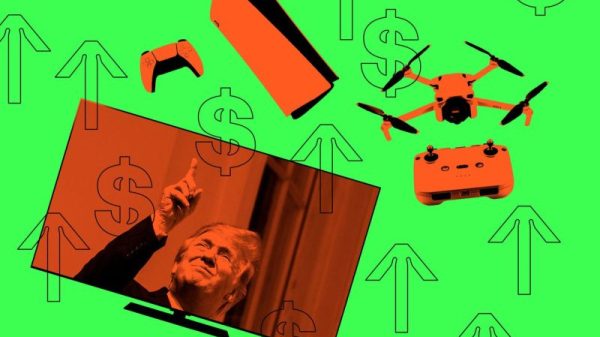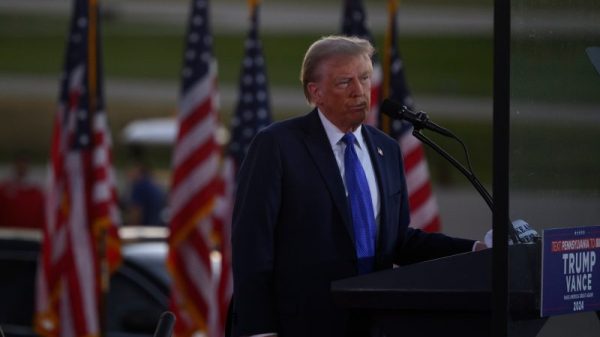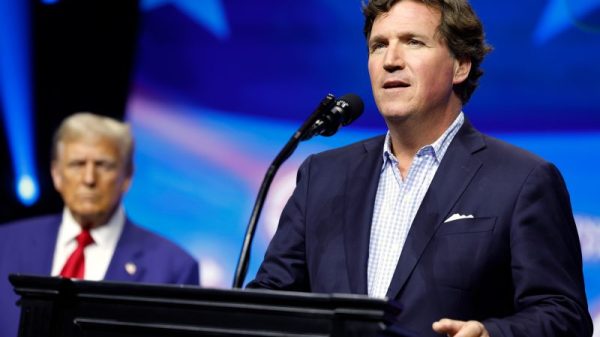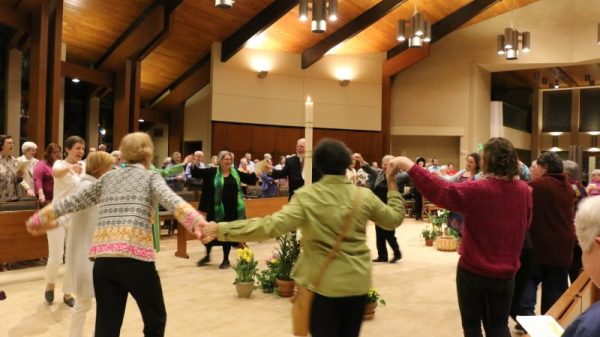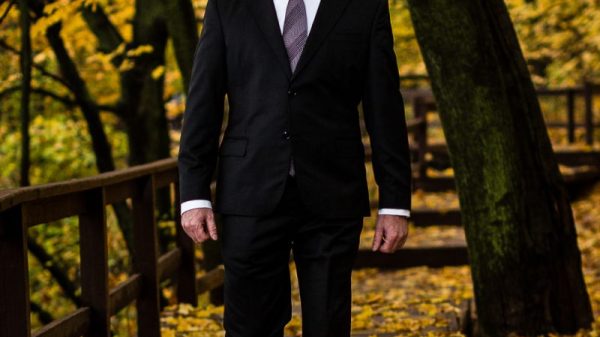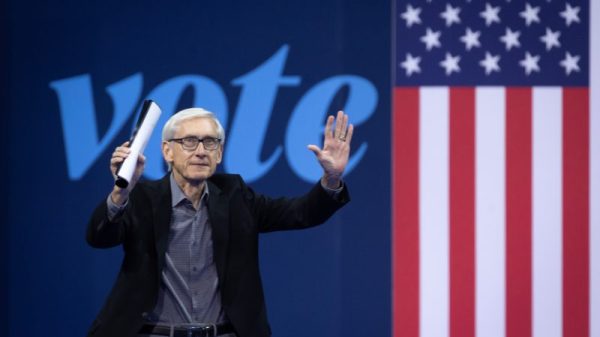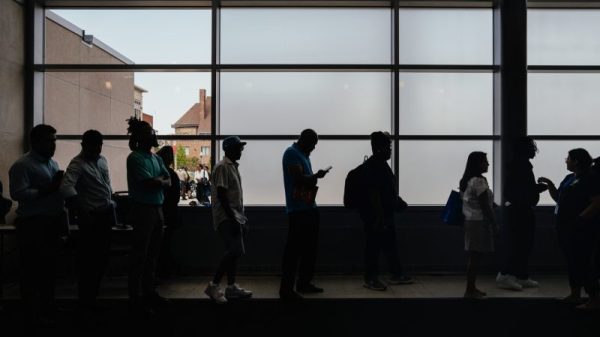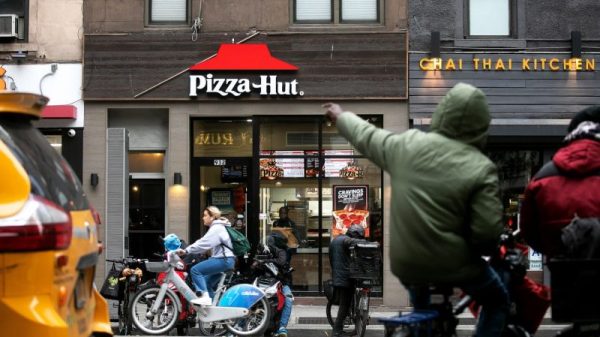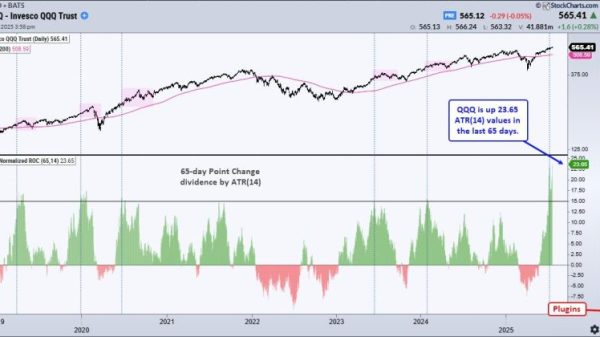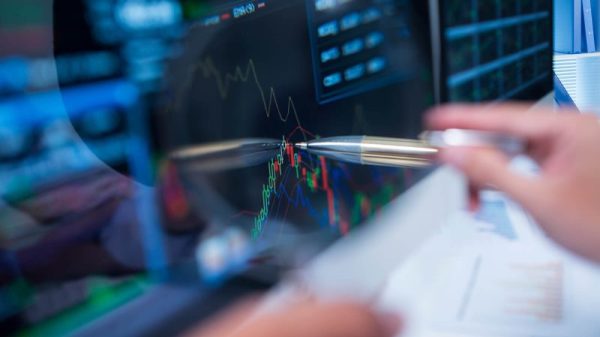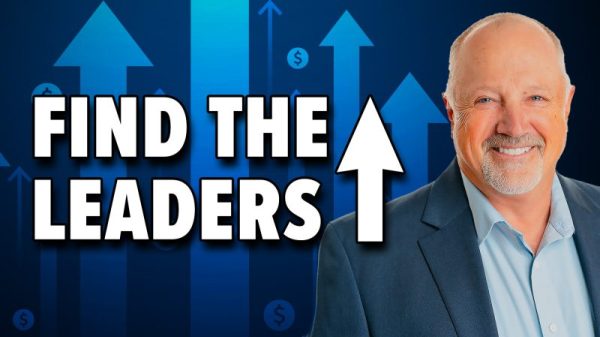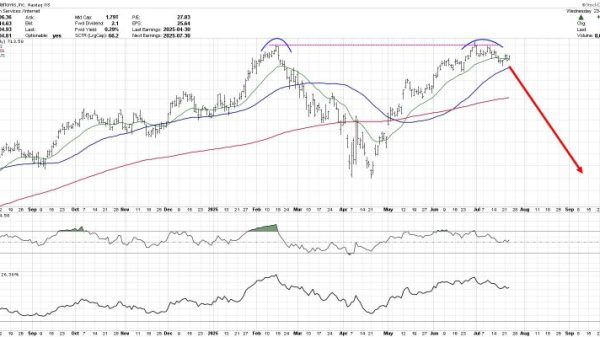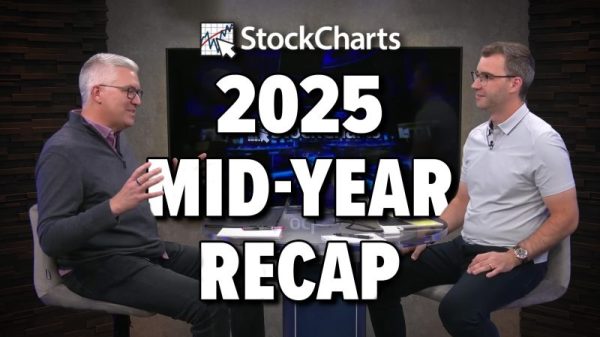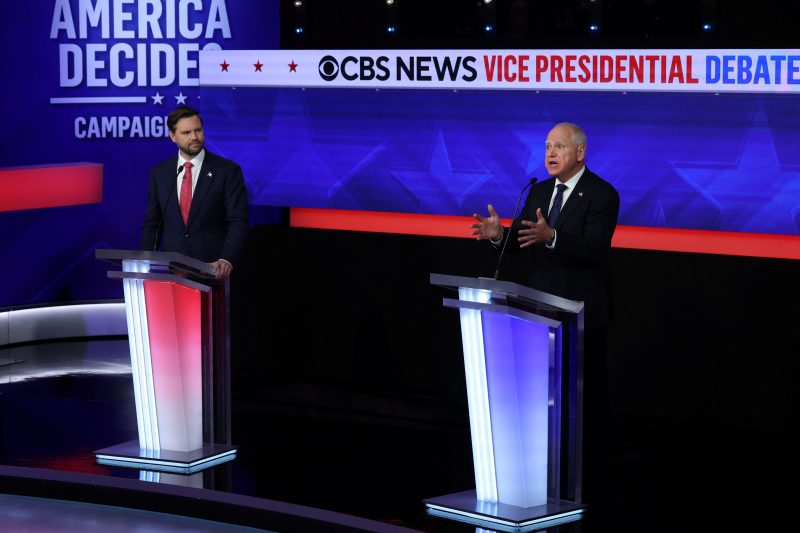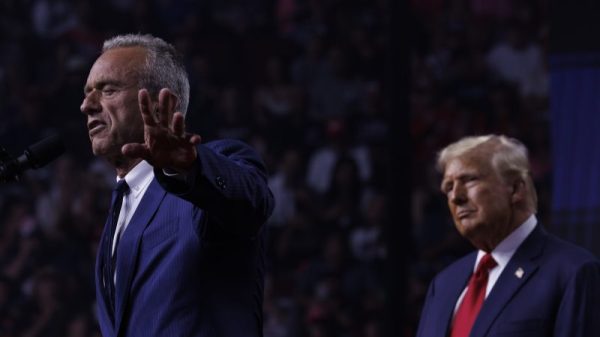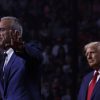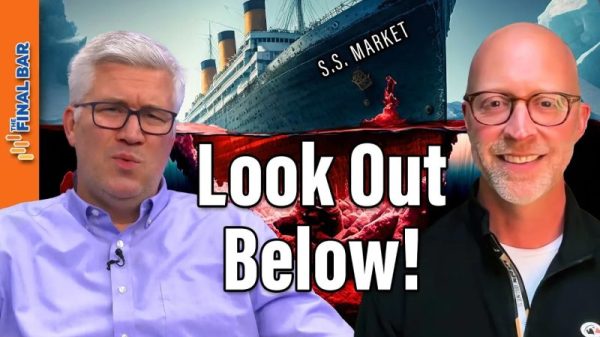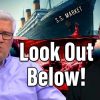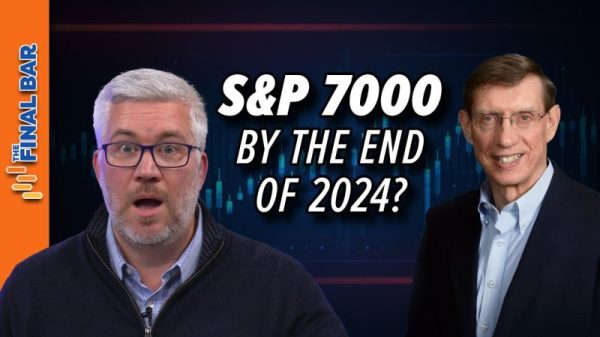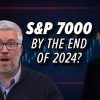It is one of the featured elements of Tim Walz’s biography: how as a teacher he often went to China, and how it informed his worldview. In his telling, it broadened his life experience. It helped educate his students, and Walz himself.
But during Tuesday’s vice-presidential debate, the episode yielded one of Walz’s clumsiest moments as he conceded that he had falsely stated that he was in Hong Kong during Beijing’s historic, deadly crackdown on the Tiananmen Square democracy protests during the spring of 1989.
“I’ve tried to do the best I can, but I’ve not been perfect,” he said. “And I’m a knucklehead at times.”
He did not directly address the discrepancy between what he has claimed and what the facts have shown. Again, he was asked to clarify.
“All’s I said on this was, is, I got there that summer,” he began. “And misspoke on this,” he continued, waving his arms. “So I will just — that’s what I’ve said.”
He paused, waiting a beat. And then started to say more: “So I was in Hong Kong and China during the democracy protests, went in. And from that I learned a lot of what needed to be in, in governance.”
He looked to his right, at his Republican opponent, Sen. JD Vance of Ohio, and then back down.
“Thank you governor,” moderator Margaret Brennan said, moving on.
Vance faced his own challenges during the debate, at times declining to directly answer questions or giving misleading responses.
But Walz’s struggle to cleanly address past misstatements on his location during the Tiananmen uprising, one of the signal moments of the late 20th century, was notable. The governor is relatively unknown on the national stage, and several times has been forced to acknowledge that he has exaggerated or misstated aspects of his biography.
He has said that he carried weapons in war, but in truth he never deployed in a war zone. He has also said that his daughter was conceived via IVF when he and his wife, Gwen, actually used a different type of fertility treatment. In both instances, he said later that he had misspoken, adding by way of explanation that he is a passionate, plain-spoken speaker who does not always communicate clearly.
“My wife, the English teacher, told me my grammar’s not always correct,” he told CNN, when asked about his past inaccurate statements.
He has also repeatedly told a story on the campaign trail about being on a bus tour with Vice President Kamala Harris, seeing groups of their supporters on one side of the street and Trump supporters on the other. Harris, he said, told him that they need to fight for both groups.
But Walz has placed the encounter at different locations at different times, The Post found, three times saying it happened in Pennsylvania and three times placing it in Savannah, Ga.
The answer on Tiananmen Square on Tuesday night came after moderators asked him about a story from Minnesota Public Radio, published on Monday, revealing that he had not traveled to Asia until August of that year. He could not, as he has claimed, have been there during the protests, which ended with the brutal crackdown on June 4-5.
“I was in Hong Kong when it happened, I was in Hong Kong on June 4th, when Tiananmen happened,” he said as recently as February, in an interview with Pod Save America. Many people questioned the idea of entering China at the fraught time, he recounted, as Chinese authorities were cracking down on the biggest pro-democracy demonstrations in the country’s modern history.
“Quite a few of our folks decided not to go in,” Walz told the podcast. “My thinking at the time was, ‘What a golden opportunity to go tell, you know, how it was.’ And I did have a lot of freedom to do that. Taught American history and could tell the story.”
He made a similar claim during a congressional hearing in May 2014.
“As a young man, I was just going to teach high school in Foshan in Guangdong province and was in Hong Kong in May 1989,” he said. “As the events were unfolding, several of us went in. I still remember the train station in Hong Kong. There was a large number of people — especially Europeans, I think — very angry that we would still go after what had happened.”
He added, “But it was my belief at that time that the diplomacy was going to happen on many levels, certainly people-to-people, and the opportunity to be in a Chinese high school at that critical time seemed to me to be really important.”
Minnesota Public Radio this week pointed to a photos published May 16, 1989, showing that Walz was working in the National Guard Armory in Alliance, Neb.
An Aug. 11, 1989, story in a Nebraska newspaper said Walz was to leave for China, and that he had “about given up participating [in the teaching program] earlier this summer during the student revolts in parts of China.”
Walz had joined a teaching program called WorldTeach, a nonprofit based at Harvard University, where American teachers went abroad to work in schools. Before departing, he told the local newspaper that he was uncertain.
“I’m somewhat apprehensive, but I’m also excited,” he said. “It will be an interesting experience, I’m sure.”
He later organized summer trips to China for his students, often taking them to Tiananmen Square as part of their visits.
The Harris-Walz campaign has declined to comment amid several news reports ahead of the debate recounting the discrepancies. But their broad contention, beyond saying Walz simply made a verbal flub, was that the issue is not one voters care about.
As the debate was ongoing, campaign aides distributed results from calls with undecided voter focus groups on issues that they deemed more important. On a number of issues, including immigration, abortion, and the economy, they said, Walz had rated higher than Vance.


